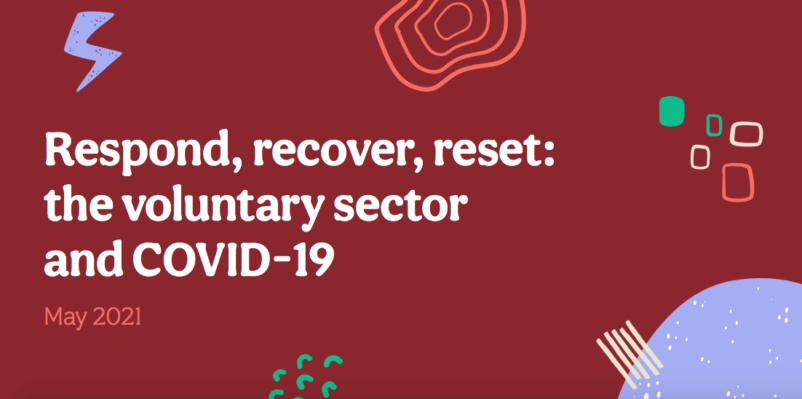Global majority volunteers twice as likely to feel excluded, NCVO research finds

Global majority volunteers are twice as likely to feel excluded as volunteers overall (at 12% vs 6%), with feelings of exclusion particularly high among those who are disabled (21%), according to NCVO research, released today.
Global majority volunteers are also less likely to feel a sense of belonging to the organisation (77% vs 84%), the research found. And, while satisfaction of global majority volunteers is high, it is lower than volunteers overall (86% vs 92%). Younger and disabled volunteers from the global majority also report lower levels of satisfaction.
The findings come from NCVO’s Time Well Spent research, which focuses on understanding the experiences and perspectives of people from the global majority. This is the term NCVO has adopted to cover all ethnic groups except white British and other white minority groups.
Advertisement
Amy McGarvey, Research and Insight Manager at NCVO, said:
“Our latest Time Well Spent research finds volunteers from the global majority feel less satisfied, more excluded and less likely to continue compared to volunteers overall. Our findings help us to understand why this is, and what needs to be done differently to ensure volunteering continues to be diverse, reflective and inclusive. It also highlights the positives that we can continue to build upon. This research is just the beginning. It’s important that we continue to learn and explore the different experiences of the diverse groups and people who make up the global majority, and look at these through an intersectional lens.”
However, the research also shows an ‘appetite for volunteering’ in the global majority. Just over two-thirds (69%) of global majority volunteers say they are likely to continue volunteering in the next 12 months, compared with 77% of volunteers overall.
In addition, one in five global majority non-volunteers have looked into volunteering opportunities in the last year, compared to 12% of non-volunteers overall.
The report includes recommendations for how to improve their experience. This includes:
- Considering motivations: Global majority volunteers, it says, are most likely to be motivated by a cause that is important to them. The research found they are over twice as likely to volunteer for a religious cause (21% vs 10%). As well as religious motivations, career-related benefits are a stronger motivation compared with volunteers overall (14% vs 9%).
- Starting the journey ‘right’: Global majority volunteers have higher expectations of the speed of the entry process. However, they are less likely to report a positive entry experience. NCVO says a quick and easy entry process is also a factor more likely to encourage global majority non-volunteers to take up volunteering compared to non-volunteers overall (16% vs 10%).
- Building belonging: A culture of trust and respect, recognition, and a sense of belonging are particularly important to people from the global majority, influencing overall satisfaction with volunteering.
- Flexibility is key: The main barriers reported by global majority non-volunteers relate to time and commitment (‘not wanting to make an ongoing commitment’ being the highest at 28%). Flexibility is the main factor that would encourage global majority non-volunteers to start volunteering. The volunteering opportunities which appeal to global majority volunteers and non-volunteers most are those they can dip in and out of (35%) or one-off opportunities (34%).
Sarah Vibert, CEO of NCVO, commented on the findings:
“This research is the first of its kind, and we’re proud to be adding to the body of evidence that builds a better understanding of volunteering. The data tells an interesting perspective on how people from the global majority experience volunteering, and poses questions for how we apply the learnings and continue to build further understanding in the future. It’s important that we continue to learn and explore the experiences of people from the global majority. For now, though, this is an important first step and we hope it will help organisations enhance the experiences of volunteers from the global majority.”
NCVO surveyed a nationally representative sample of 1,000 adults from the global majority population aged 18 years or older in Great Britain, alongside a nationally representative sample of 7,006 adults from the overall population containing global majority respondents.





